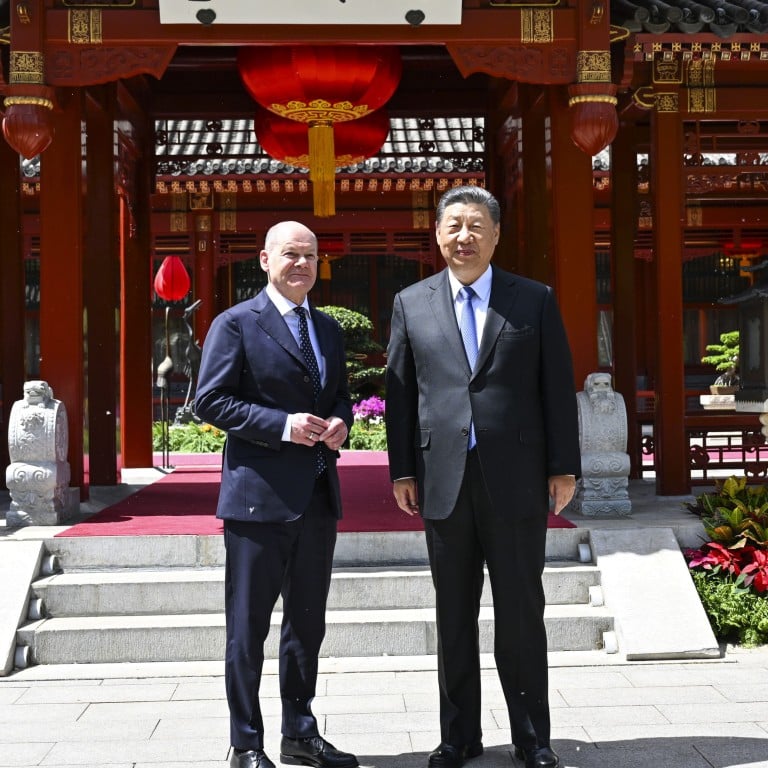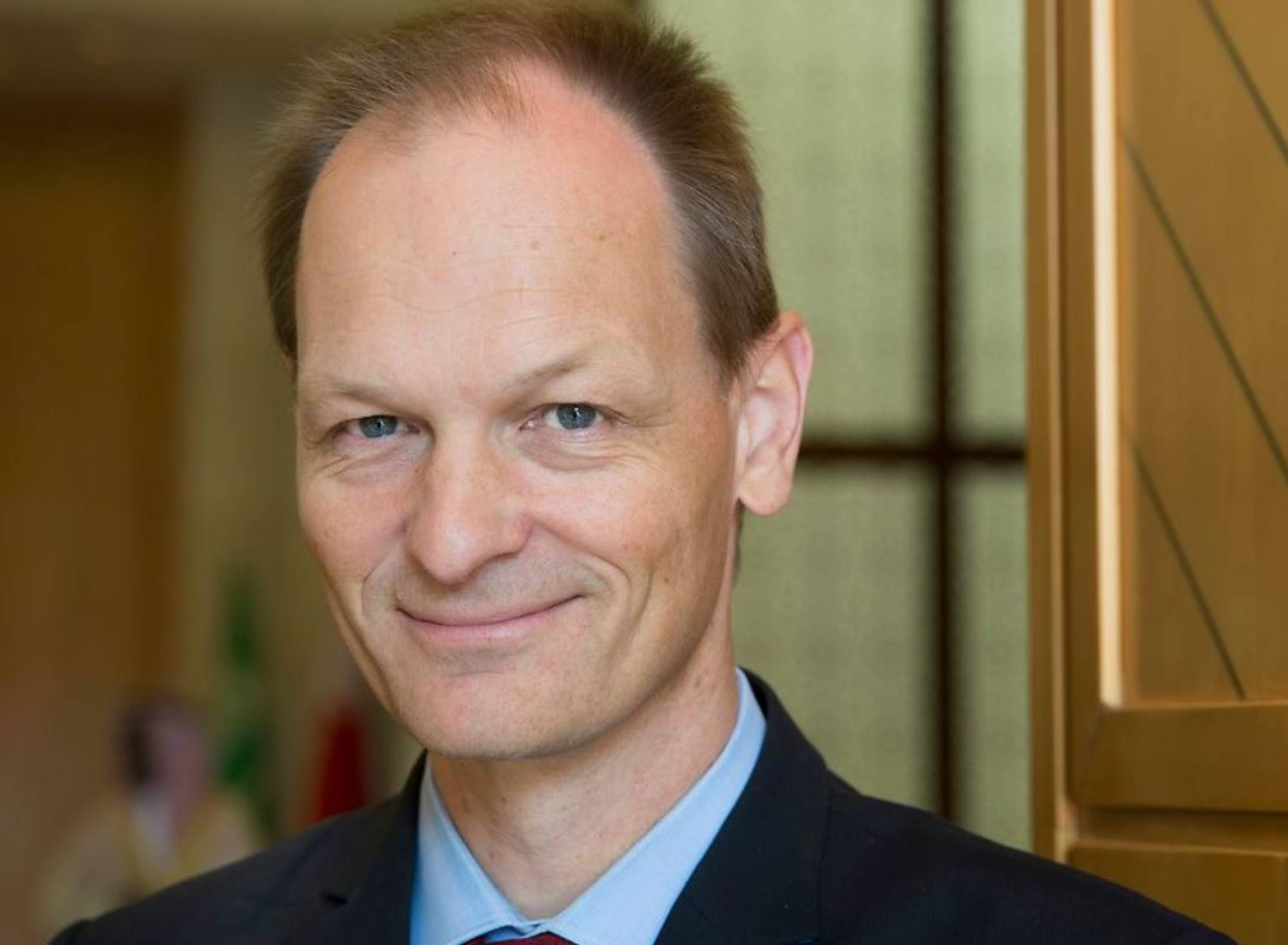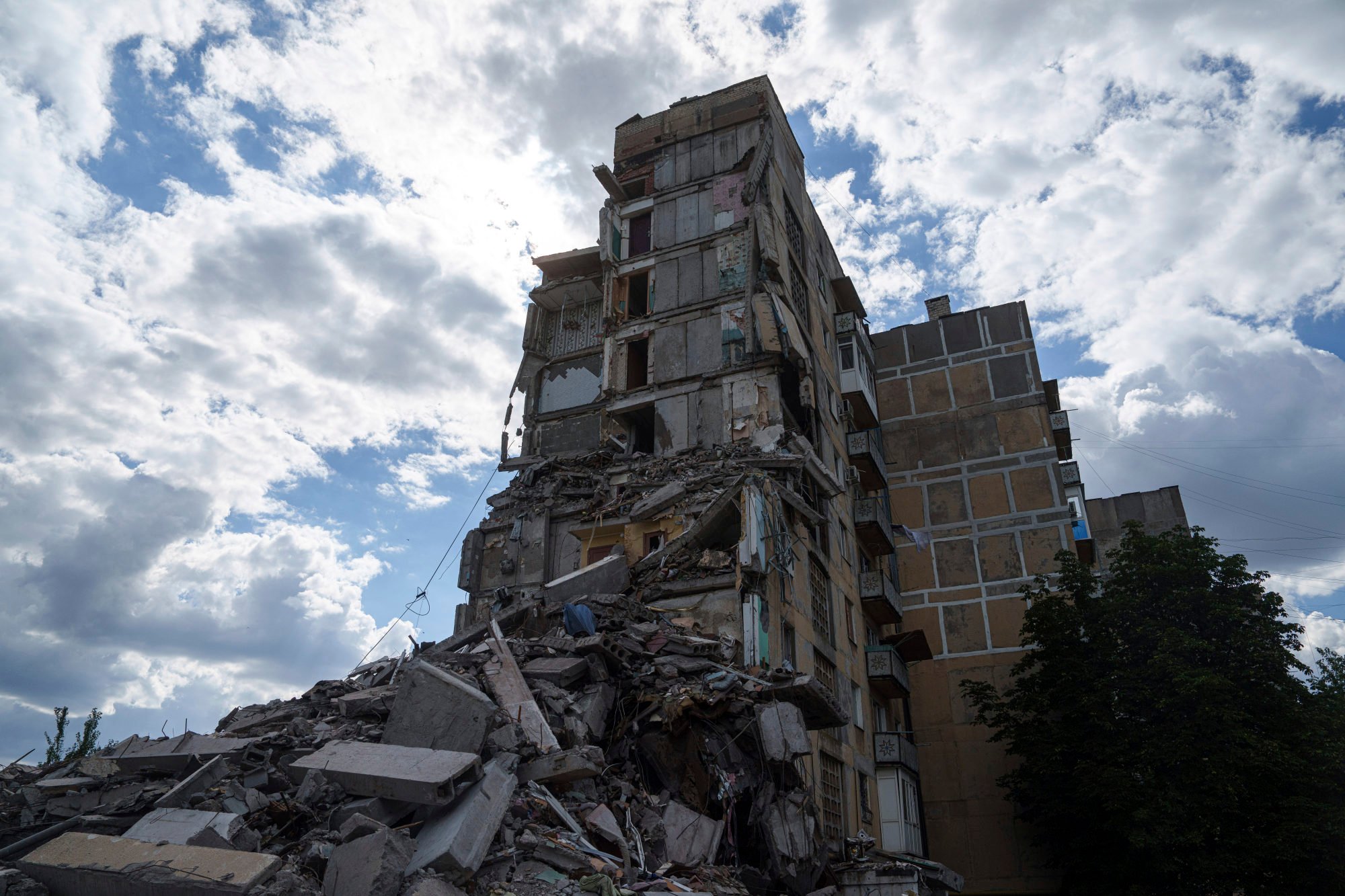
Berlin’s shift on China policy is result of Beijing’s changed behaviour, German envoy says
- Beijing’s actions, not US pressure, has led Berlin from ‘partnership and cooperation to more competition’, Thomas Bagger of German foreign ministry contends
Beijing’s changing behaviour towards Europe has compelled Berlin to re-evaluate its China policy, a top German diplomat said on Friday.
Speaking at the Hudson Institute in Washington, Thomas Bagger, state secretary at the German foreign ministry, declared that Germany’s stance towards Beijing has moved to a heightened rivalry, a response to Beijing’s actions rather than pressure from Washington.
“It’s quite clear that the emphasis has shifted from a focus on partnership and cooperation to more competition,” Bagger said as he acknowledged that decoupling from China would “hurt our economy tremendously”.
Even so, Germany seeks to reduce its dependency vulnerabilities in areas like technology, critical minerals, even medical equipment, Bagger noted: “China’s approach to us, to its neighbours, to the international arena has changed in a way that forces us to revisit our own China policy”.
Bagger reiterated that European officials don’t agree with the US “on everything”: “Our policy or China strategy or changing approach is a reaction to your policies, to your actions … We’re not America’s poodle,” he said.

Nor does Europe regard China as a “geopolitical challenge” to its “primacy”, he said.
“Europeans don’t look at ourselves as No 1.”
Last week, after a nine-month investigation into alleged unfair state subsidies, the European Union imposed new tariffs of up to 38 per cent on Chinese electric vehicles. The decision came a month after the US imposed 100 per cent tariffs on Chinese EVs.
Beijing has retaliated by launching an inquiry into European pork products. And, fearing action against its own auto industry, which is heavily dependent on the Chinese market, Berlin has opposed EU tariffs. Negotiations between Beijing and Brussels are underway; the new taxes take effect on July 4.
Yet Bagger warned that China’s support for Russia in its war on Ukraine would have repercussions for its relationship with Berlin.
“If and when China continues to violate Europe’s core interest in security on the European continent, this will have an increasing cost on China,” he said.
“That cannot be compartmentalised,” he added. “If you continue to support Russia’s war effort against Ukraine, that will have consequences also for our bilateral and European-Chinese relationship.”

Led by the US, Western nations contend that, despite their sanctions, Russia is meeting nearly 90 per cent of its semiconductor needs for tanks, missiles and aircraft through dual-use imports from China.
Bagger was visiting Washington ahead of the Nato summit here, scheduled for July 9-11, when the transatlantic alliance’s 32 members are expected to pass a US$107 billion multi-year aid package for Ukraine.
The issue of the war is far from settled in Washington. Donald Trump, the former US president and presumptive Republican nominee for the presidential election in November, vowed to withdraw US military aid to Ukraine during his debate on Thursday evening with President Joe Biden.
Last week, Nato Secretary General Jens Stoltenberg announced that more than 20 Nato countries will have met the alliance’s target of raising their military budgets to at least 2 per cent of their GDP this year.
Asked how Europe, in particular Germany, was preparing for a potential Trump return to the White House, Bagger said that every European capital was carefully monitoring the US elections and that a “reflection process” was going on “behind closed doors”.
Bagger acknowledged that the EU had a tough time working with Trump, but said that some of those issues were not “as relevant anymore” because Europe had “re-examined” its “own assumptions”.
“Russian gas is one of them, Iran in some ways is another one, I think our 2 per cent is a third one,” he said.
“I think what would remain is certainly, you know, very different opinions on trade issues and a number of economic issues,” he added.

